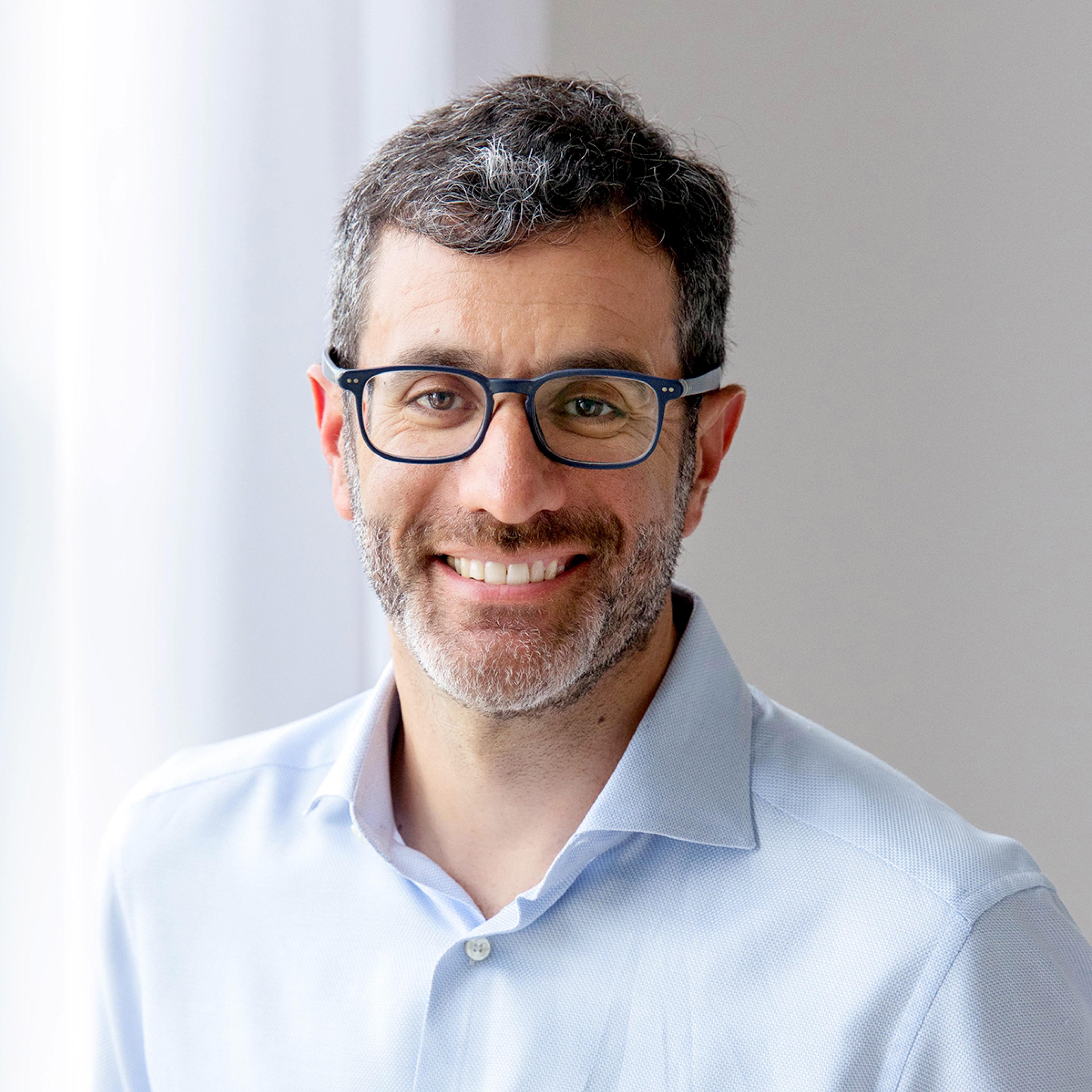
Brad is cofounder of Highlander Health, and an oncologist, trialist, entrepreneur, and product leader dedicated to driving transformation at the intersection of research and care. He most recently led product at Verily, which he joined upon Verily’s acquisition of SignalPath, a clinical research technology company he founded and led as CEO. In addition to past roles at Flatiron Health, Texas Oncology, US Oncology, and Duke University, Brad gives his passion and leadership to a wide range of philanthropic organizations including the National Outdoor Leadership School.
Q&A
Why Highlander Health, and why now?
We’ve been planning to do this for as long as Amy and I have been working together, which is more than 15 years. We’ve always shared a belief that there’s an enormous opportunity to improve clinical research and care, particularly at their intersection. We have already had success in moving the needle, including in my time at Duke, Flatiron, SignalPath and Verily, but we have just scratched the surface. Over the last decade, companies have innovated elements of the vision, but the approaches have been siloed. Now is the moment to advance central solutions that bring them together to improve the lives of patients and providers.
What makes Highlander Health Partners unique in its partnerships with investors and innovators?
A few things. One is patient capital — meaning we’re in it for the long haul. We don’t have Limited Partners or mismatched goals or timelines to manage. That is unique. By managing our own capital, we can make the right decisions.
The second is that we’re operators who have deep expertise in the space, from startups we built from zero, to Amy’s experience at FDA, to our time at large companies like Alphabet.
Third is our shoulder-to-shoulder approach. We’re there to support management; we’ve been in their shoes. We know what it’s like, and we know how to guide them not only from an expertise perspective but from an operational lens.
How does your philanthropic work influence your approach to Highlander Health Institute?
The philanthropic aspect of our work, through the Highlander Health Institute, is not intended to develop products or companies. The goal is to drive systemic change across research and care by pushing boundaries. To do so, we are funding transformational learning labs, where research and clinical leaders prove what is possible to move the industry forward. We are also convening the crucial parties to build consensus, share findings broadly, and effect change. Amy and I believe that we have to modernize research and care, and how they connect. We need to pick up the pace, and we are happy to fund people to do the critical work.
What’s a problem you’re eager to see addressed with technology?
There are many aspects of healthcare that can be supported with technology. It’s not about disrupting the roles of clinicians as we are firm believers that the patient-clinician relationship is key to any progress. It’s about improving and using the data and infrastructure to empower evidence-based decisions and widespread adoption of better treatments.
As an oncologist, I believe that the patient-clinician relationship is central. The power here is to maintain that centrality while advancing a system of personalized care. I've had immediate family members who have gotten sick recently, and the lack of coordination and individualized insights is striking. We have the technology and tools to solve this.
Given 15 minutes, how do you recharge your batteries? And given 15 days?
With 15 minutes to spare, I spend it all with my family. Perhaps an unoriginal answer, but it’s true. I love getting out into the outdoors with them and our new dog. Just being with them is by far the easiest way to recharge. If I have 15 days, I get off the grid, hiking in a remote part of the world like Patagonia or British Columbia.